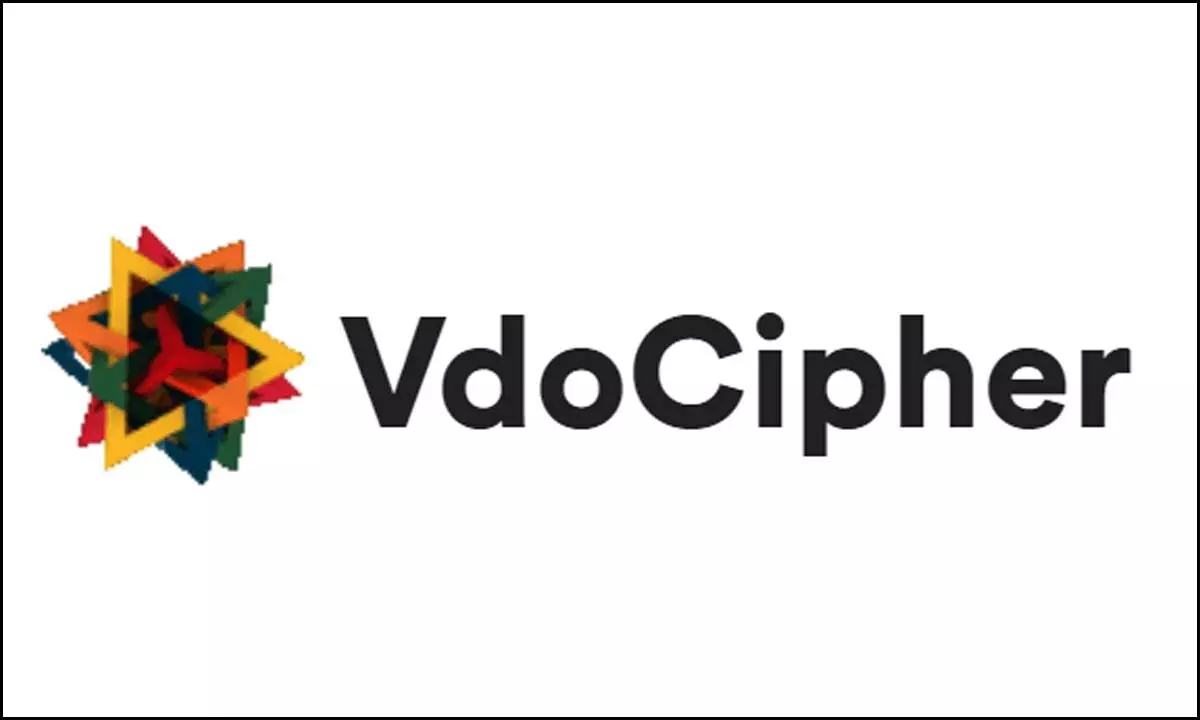Innovation and network: How IITians drive startups to success

In today's rapidly evolving startup ecosystem, the influence of India's premier technology institutions, the Indian Institutes of Technology (IITs), is unmistakable. Siddhant Jain, the CEO of VdoCipher, is a shining example of this trend. His entrepreneurial journey, which began at IIT Delhi, highlights the unique blend of technical expertise, collaborative spirit, and robust alumni networks that IITians bring to the table. Jain's story, along with the success of his company, offers a glimpse into the broader impact IIT graduates have on the entrepreneurial landscape, particularly in tech-driven industries.
In this interview, Siddhant Jain shares his insights on how the IIT environment nurtures innovation and entrepreneurship. We delve into the role of IITians' technical skills, the power of their networks, and the critical support systems within IITs that have enabled startups like VdoCipher to thrive. We also explore how the success stories of IIT alumni continue to inspire and mentor the next generation of entrepreneurs, ensuring that the legacy of these institutions remains strong in the global startup arena.
What unique skills and knowledge do IITians bring to the entrepreneurial landscape that contribute to their success in startups?
Having a network of intelligent and driven students as friends and colleagues significantly enhances problem-solving capabilities. There are no preconceived notions about what kind of work one can or cannot do. Some individuals excel at networking and driving sales through outreach, while others focus on developing technology through intensive coding sessions. The success stories of past IIT-based entrepreneurs serve as a constant source of motivation, with many of them returning as speakers and mentors during startup events at the institute.
While Flipkart and Zomato are among the most well-known companies founded by IIT alumni in the past decade, numerous other B2B tech and core tech startups have also been established by IIT graduates and are thriving. For those working on biotech or deep tech products, IIT's technology centers offer valuable support in research and collaboration. Additionally, IITs benefit from substantial funding from successful alumni. Notably, Nandan Nilekani and Vinod Khosla have made generous donations to their respective IITs, fostering further innovation and development.
How have IITians leveraged their network and alumni connections to gain support and resources for their startup ventures?
IIT alumni played a crucial role in the company's early success, helping to connect the team with potential investors and partners. VdoCipher's first public demo took place at a startup event in IIT Delhi, setting the stage for its growth. The founders’ strong academic backgrounds helped build initial trust with their e-learning platform customers. However, Jain emphasizes that, ultimately, the success of a product or service hinges on the value it provides to customers, regardless of the founders’ educational background.
The supportive ecosystem within IITs extends beyond just financial contributions. Alumni networks and industry connections provide current students with invaluable mentorship and real-world insights. Many alumni actively engage with the institutes through various initiatives, including startup incubators, accelerators, and research partnerships. This dynamic interplay between academia and industry not only bolsters the entrepreneurial spirit but also ensures that students have the resources and guidance needed to turn their innovative ideas into successful ventures. The collaborative environment at IITs, combined with the unwavering support of alumni and industry leaders, continues to drive the institutes' legacy of producing world-class entrepreneurs and technologists.
In what ways have IITians applied their technical expertise to innovate and disrupt traditional industries through their startups?
IITians have leveraged their technical expertise to innovate and disrupt traditional industries through their startups in several ways:
E-commerce and Retail: IIT alumni have played a pivotal role in transforming the e-commerce landscape. For instance, Flipkart, co-founded by IIT Delhi graduates Sachin Bansal and Binny Bansal, revolutionized online shopping in India with user-friendly interfaces, robust logistics, and innovative services like cash on delivery.
Food Delivery and Logistics: Deepinder Goyal and Pankaj Chaddah, graduates of IIT Delhi, founded Zomato, which disrupted the food delivery industry by creating a comprehensive platform for restaurant discovery, food delivery, and reviews, significantly changing how people dine and order food.
Security Tech - Various startups have been founded by IIT Alumni in the field of cybersecurity and other forms of technical security. Example - Startups like VdoCipher (IIT Delhi Alumni) have worked on providing security from video piracy, and have helped thousands of elearning and media platforms across the world with their content. Hyperverge from IIT Chennai alumni specializes in AI-based solutions for identity verification, KYC, and fraud detection.
Biotech and Deep Tech: IITians have also made significant strides in biotech and deep tech industries. Their startups often emerge from extensive research and development in IIT's advanced labs, leading to breakthroughs in areas like medical devices, sustainable energy solutions, and AI-driven technologies.
Automotive and Transportation: IIT alumni have been instrumental in advancing the automotive industry with startups focusing on electric vehicles (EVs) and smart transportation solutions. Ather Energy, co-founded by IIT Madras graduates, is at the forefront of the EV revolution in India with its innovative electric scooters and charging infrastructure.
Artificial Intelligence and Machine Learning: Startups founded by IIT graduates are leveraging AI and ML to transform various industries, from automating customer service with chatbots to enhancing predictive analytics in finance and healthcare.
What role do mentorship and incubation programs at IITs play in shaping successful entrepreneurs?
The within IIT mentorship and incubation programs are particularly helpful when the startup is doing a lot of core research on fundamentals like robotics, biotech, renewable energy, electronics and environmental sciences. 2 examples are Invoxel from IIT Delhi working on amalgamation of hardware and software technology to design and develop a multi user smart surface; and Sea6energy from IIT Madras working on innovative technologies for sustainable, large-scale and mechanized farming of sea-plants and the conversion of this sea-plant biomass to novel products.


